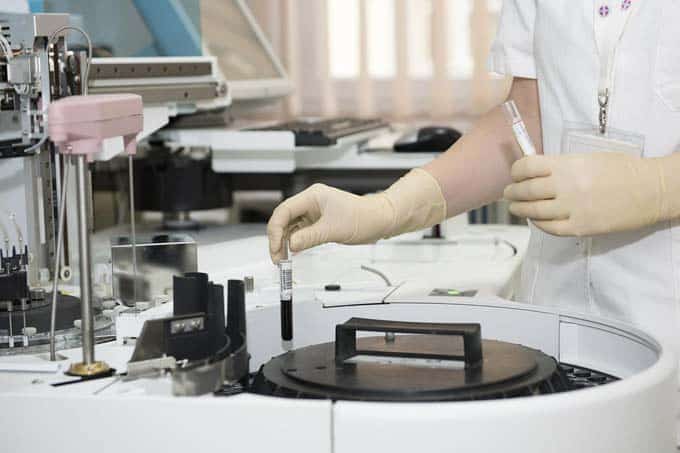How automation supports a resilient healthcare system
According to IT company Nintex Kryon, the healthcare sector needs to focus more on automation technologies such as robotic process automation (RPA). The result is a resilient healthcare system that delivers world-class patient outcomes in the event of a pandemic or other event.

The global healthcare crisis has forced hospitals to accelerate the use of tools and processes such as RPA to create much-needed headroom in hospitals and build a more resilient healthcare sector. Processes critical to the operation of healthcare facilities and the delivery of medical care to patients are increasingly being automated to drive efficiency, accuracy and cost savings. This has been especially important during the pandemic as hospitals look for innovative ways to better utilize their capacity. The processing of patients, their data and schedules is becoming increasingly automated in healthcare.
Bots assist with vaccination scheduling
For example, because COVID vaccinations have lost none of their timeliness and may become an increased issue again for the fall, continuous scheduling of patients for booster vaccinations is critical to mitigate the impact of the pandemic. However, this manual process is fraught with logistical difficulties and can be very time consuming. Instead, bots can be used to automate scheduling and free up professionals' time. This leaves more time for staff to focus on COVID-related patient care.
Process Discovery: Completely map processes quickly
Ultimately, Process Discovery (also known as task mining) and mapping of all healthcare processes will help staff save lives. Increased process visibility reinforces operational efficiency and process quality. Valuable time and costs are saved. This is made possible by automated Process Discovery, which maps complete healthcare processes within a short period of time. Improvements can thus be implemented more quickly.
Accurate data evaluation by means of automation
Increased transparency of healthcare processes is leading to better data collection - a critical factor in managing a pandemic and tracking individual needs. The COVID-19 pandemic has led to national data becoming more important. Specifically, data to understand how the virus is evolving and what actions can help minimize its spread. However, at the national level, it is complex to collect, process, refine, and validate data from individual hospitals. Data must be obtained from specific hospitals, which have their own data collection and processing protocols. Once humans process gigabytes of data, errors are almost inevitable. Then there are the privacy parameters that must be adhered to when processing data and the need for anonymity to protect patient privacy. So there are a number of components to consider. Automation helps to make these processes efficient and compliant.
Overcoming potential logistical hurdles in the healthcare system.
Successful real-world deployments of RPA can already be found in medical facilities around the world. The Brazilian Ministry of Health, for example, recently used automation to address logistical challenges in its hospitals. Collecting and processing data for a population of more than 200 million people is a daunting process. Automation has increased accuracy and efficiency while reducing the workload on medical and IT staff.
"If healthcare executives are open to creating new innovative systems that streamline labor-intensive and time-consuming processes and create more space for patient care, RPA can ultimately benefit the healthcare provider, patient and facility alike, creating greater impact and more effective healthcare outcomes," said Mayk Tilinski, vice president EMEA for Nintex Kryon.
Source and further information: https://www.nintex.com and www.kryonsystems.de









